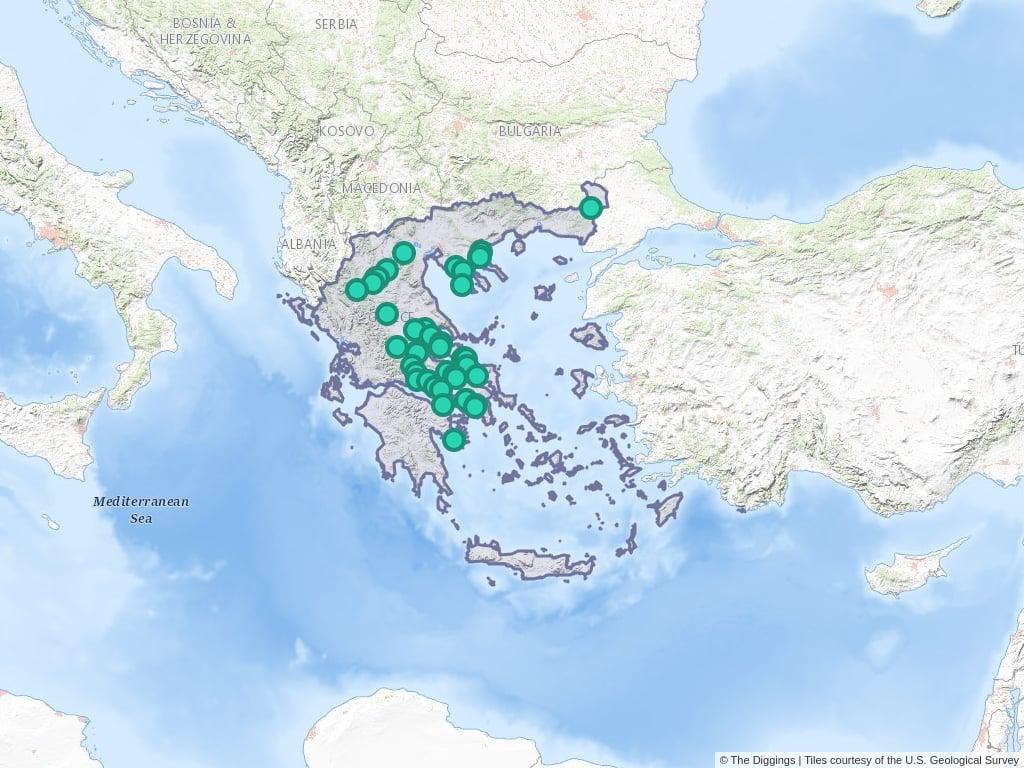Highlights
- Greece is developing multiple rare earth and critical mineral projects with potential to meet EU demand.
- Local community resistance remains a significant challenge for mineral exploration and development.
- EU's €22.5 billion strategic investment initiative positions Greece as a potential alternative to China's mineral dominance.
Greece is gaining ground in the global rare earth and critical minerals race, as the EU pushes forward with a €22.5 billion strategic investment initiative across 13 member states. According to To Vima reporting by Machi Tratsa, Greece is now home to multiple early-stage and mature projects tied to essential materials for clean energy and defense—yet faces a familiar roadblock: public resistance.
One standout project, led by Athens-based Metlen Energy & Metals (opens in a new tab), plans to produce 50 tonnes of gallium annually from local bauxite and alumina by 2027—satisfying all projected EU demand. Scandium and other rare earth elements (REEs) have also been identified, with future rounds of EU strategic funding expected to support nickel, cobalt, palladium, antimony, and germanium development across regions like Molai, Epirus, and Thrace.
Exploration updates from the Greek Geological and Mineral Research Authority (EAGME) reveal untapped deposits of neodymium, lanthanum, tellurium, bismuth, and indium across the Northern Aegean and Kimmeria. Graphite in Thermes, previously dismissed, is under reconsideration due to rising EV battery demand.
But Greece’s mining expansion has hit local turbulence. In Chios, a promising antimony project was stalled after local backlash and legal challenges. “The greatest challenge isn’t financing or permits—it’s the social license,” said Petros Tzeferis, Director General of Mineral Resources (opens in a new tab).
Despite these hurdles, Greece hosts several mature assets, including bauxite-alumina systems in Central Greece and polymetallic sulfide deposits in Chalkidiki and Thrace. These could become the country’s strategic backbone if community buy-in can be secured.
Greece Mines

Critical Questions for Investors:
- Will Greece succeed in balancing mineral development with local environmental concerns?
- Can public opposition derail EU-backed strategic mineral projects at scale?
- Will Gallium and Scandium production from Metlen reshape Europe’s critical materials independence?
- Could Greece's geological reassessments trigger a new wave of tenders or private investment by 2026?
REEx Take: Greece is quietly emerging as a strategic mineral hub with EU backing—but its progress hinges on public trust. For retail investors, the nation represents a high-reward, high-risk frontier in Europe’s diversification away from China’s dominance in critical minerals.
Source: To Vima (opens in a new tab) | Author: Machi Tratsa

0 Comments